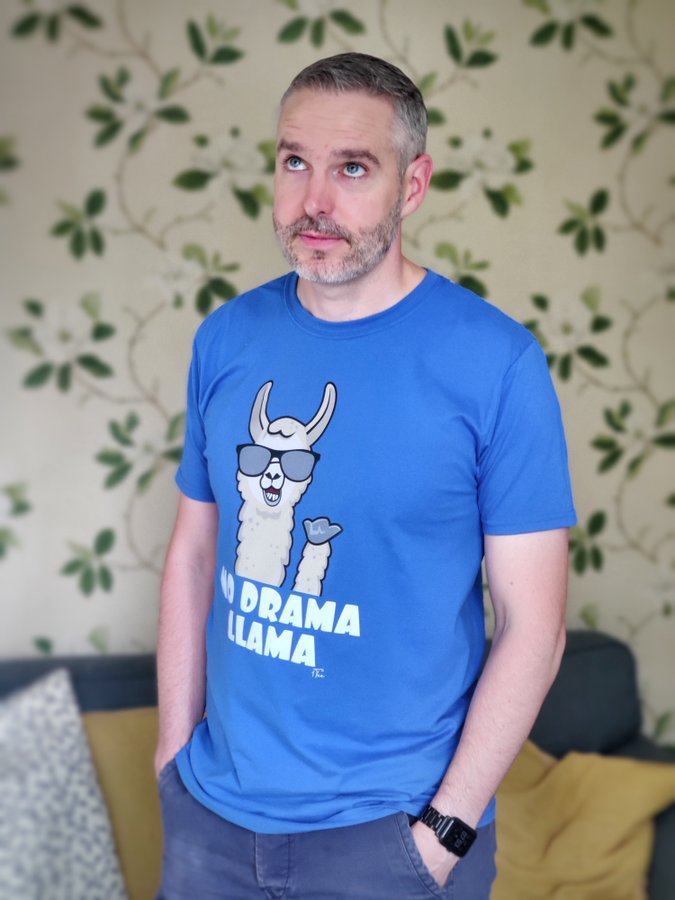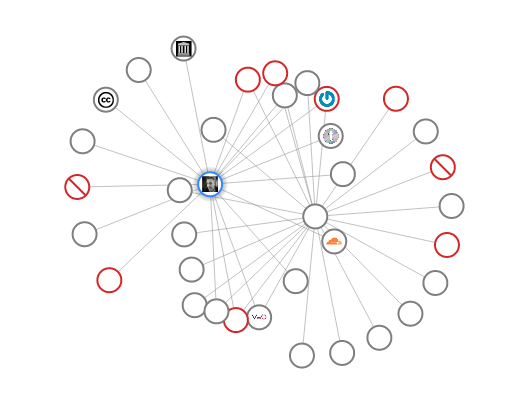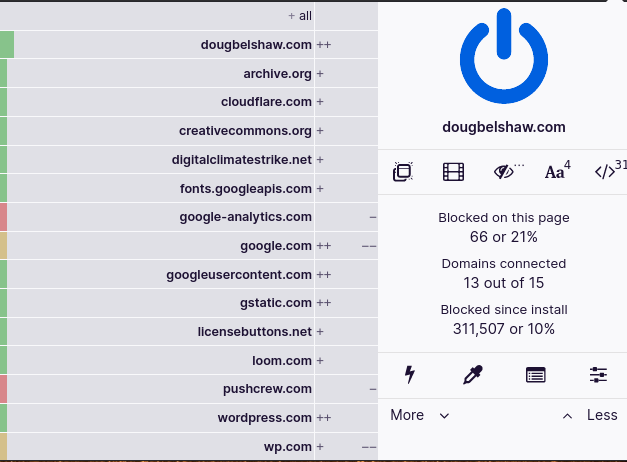Weeknote 25/2020
This was my last working week at Moodle. I have a few weeks of holiday to take as I ease back into full-time consultancy through We Are Open Co-op.

I repeat how proud I am of what the very talented part-time MoodleNet team achieved under often difficult circumstances. Check out my previous two weeknotes for further details:
If you’re looking for some talnted developers, I suggest you get in touch with Mayel de Borniol, Ivan Minutillo, Karen Kleinbauerů, and James Laver who may have capacity for your project. In addition, it’s worth enquiring about the availability of Alessandro Giansanti, Katerina Papadopoulou and Antonis Kalou who are equally talented, and have been working on a part-time basis for Moodle and Moodle Partners. It’s been a pleasure and privilege working with all of them, and it was great to sign off on Friday by sharing a virtual drink. We’ll all be staying in touch!
I do, of course, wish Moodle all the very best for the future and am grateful for some of the people I have met and experiences I have had over the past two and a half years.

In addition to handover documentation for Moodle, this week I’ve been doing a small amount of work through the co-op with the Greenpeace Planet 4 team, and a lot with UpRising. For the latter, I ran a couple of workshops on Google Classroom, as well as a troubleshooting session as they pivot their offline offerings to online provision.
As a co-op, we’ve been discussing how to update our website. There’s a tension between representing ourselves ‘corporately’ and representing ourselves as being made up of individual members, some of which are quite different from one another. Ultimately, 95% of our work comes through clients knowing us as people first and foremost, so really the website is a sense-check or something for our contacts to pass on to others in their organisation.
I’ve put together a couple of proposal for prospective clients this week. It’s nice to see that people are finally recognising that working online is just as valuable, and just as hard work, as doing so offline.
Last weekend I came across #100DaysToOffload which I started addressing immediately with three posts over the past few days:
- #100DaysToOffload: Day 1 – Introduction
- Practice what you preach
- Managing projects is about understanding context
I’m looking forward to writing more next week. It’s quite nice to have permission not to necessarily have to produce your ‘best’ work, but rather to bash out thoughts and just share them with the world.
For Thought Shrapnel, I put together:
You can subscribe to the weekly newsletter, which goes out every Sunday, here.
Next week, I’ll be doing more work with Greenpeace, UpRising, and the 10 charities we’re supporting with funding from the Social Mobility Commission and Catalyst. I’ll also be doing some business development for the co-op, and get back involved in the wider CoTech network.
We’ve booked a holiday in early August in a basic holiday cottage owned by friends of my in-laws in Devon. We’ve stayed there a couple of times before and it’s the perfect place to choose to switch off and spend time away from the drama and frantic pace of recent weeks. I can’t wait!
Finally, a very happy Fathers Day to my dad, Keith Belshaw. I’m delighted that he’s safe and well, and actually fitter now than before the lockdown started! It was great to see both of my parents yesterday during a socially-distanced visit to their back garden which, as ever, was blooming with flora and fauna.
Header image of my favourite tree in Bluebell Wood, near where I live in Morpeth, England.






